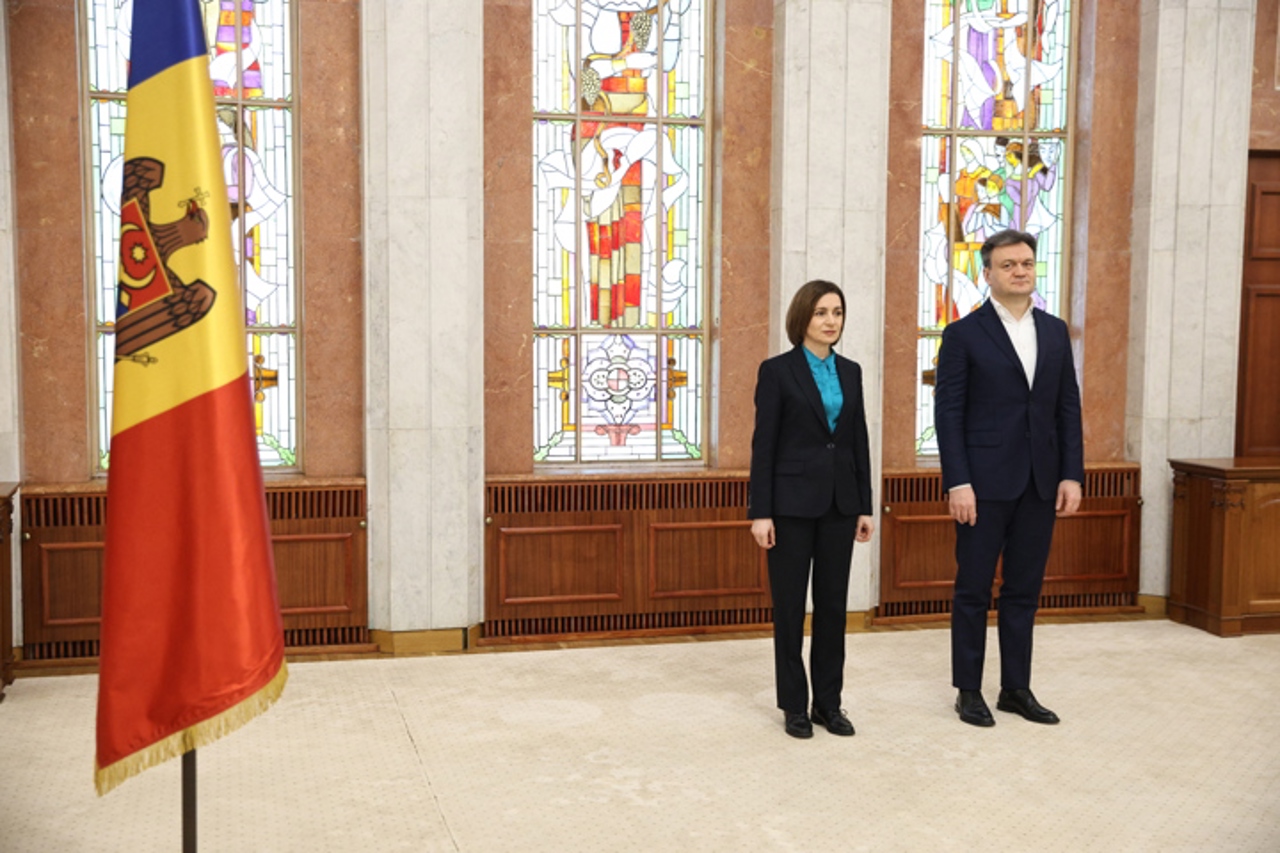Maia Sandu and Dorin Recean welcome the approval of the 1.9 billion euro Growth Plan for the Republic of Moldova
President Maia Sandu and Prime Minister Dorin Recean welcomed the approval of the 1.9 billion euro Growth Plan for the Republic of Moldova by the European Union member states and the European Parliament. According to the authorities, the substantial new support will help accelerate reforms, boost the economy, and strengthen the country's resilience to current challenges.

“We are grateful to the EU Member States and MEPs for approving the reinforced Growth Plan worth 1.9 billion euros. This support will allow us to advance faster with reforms, stimulate the economy, and strengthen our country's resilience in the face of growing challenges. We thank our European partners for standing with the Republic of Moldova and its citizens”, declared President Maia Sandu.
The Head of the Executive, Dorin Recean, reiterated the importance of European support in the European path of the Republic of Moldova.
“True friends are with you in difficult times, and Europe has demonstrated this again. We are deeply grateful to the European Commission, the Council of the European Union and the European Parliament for their unwavering support. The agreement on the Reform and Growth Facility, worth 1.9 billion euros, will boost the Republic of Moldova’s economic development and support our irreversible path towards the European Union”, concluded the Prime Minister.
We recall that the European Parliament and EU Member States have agreed on a new support plan for the Republic of Moldova. This is a new €1.9 billion mechanism to boost socio-economic reforms, strengthen resilience, and advance EU integration.
Thus, negotiators agreed to allocate €520 million in grants—an increase of €100 million compared to the initial proposals—along with €1.5 billion in soft loans.
The mechanism provides for a pre-financing of 18% of the total support, up from the initial 7%, allowing for a rapid mobilization of resources to address energy security, anti-corruption infrastructure, and the modernization of public services.
A dedicated 20% of the grant funds will strengthen state institutions through digital governance systems, training of civil servants and judicial reforms—prerequisites for the efficient management of EU funds. To ensure full parliamentary monitoring, the agreement establishes a dialogue between Parliament and the Commission to regularly review the progress of implementation.






